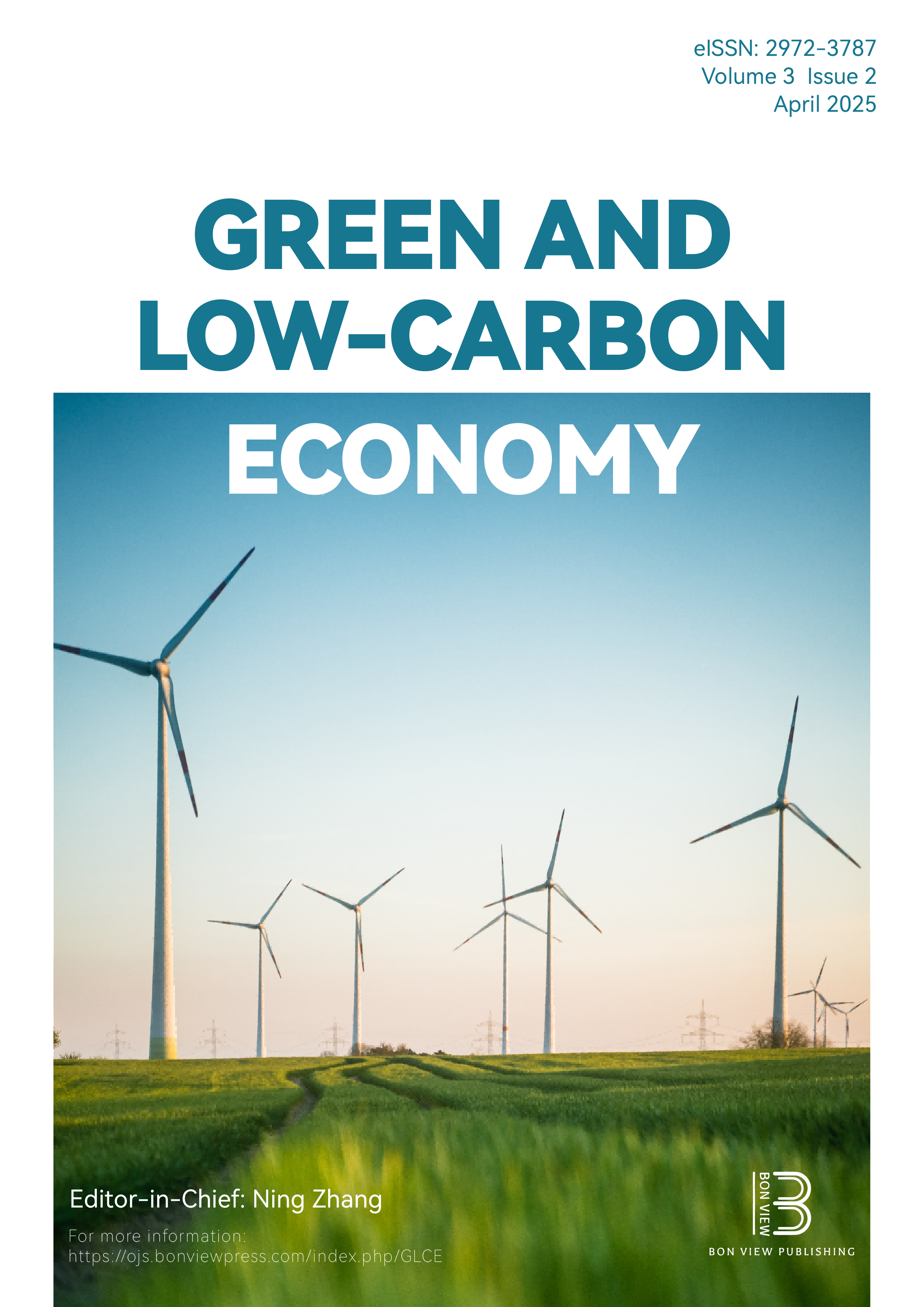Corporate Social Entrepreneurship (CSE) Model for the Construction Industry of Sri Lanka
DOI:
https://doi.org/10.47852/bonviewGLCE42022122Keywords:
sustainability, Corporate Social Entrepreneurship, model, construction industryAbstract
The construction industry is vital for Sri Lanka's economy and society, yet it poses environmental challenges with long-term impacts on both. To achieve social and economic development, sustainability is imperative. Corporate Social Responsibility (CSR) is widely acknowledged as an effective method for organizations to adopt sustainability within business operations. However, implementing CSR comes with various challenges. To overcome these hurdles and enhance CSR's impact, Corporate Social Entrepreneurship (CSE) has emerged as an effective approach, integrating entrepreneurial principles and innovation into CSR practices. A qualitative study with 17 semi-structured interviews was conducted to understand prevailing CSE practices among Sri Lanka's construction business organizations and to develop a conceptual CSE model. Data analysis was based on transcribing, coding, and categorizing. Prevailing CSE practices in construction businesses can be classified into five categories such as: attitudinal perspective, innovative business strategies, awareness and commitment, stakeholder engagement, and research and development. To bridge the existing gaps in CSE, the proposed conceptual CSE model emphasizes the importance of top management commitment, organization-wide initiative actions required, and effective monitoring and regulating. This model aims to promote CSE initiatives within construction organizations addressing micro-level issues. Macro-environmental gaps impend the sustenance of this CSE model. Thus, further studies are proposed to research on mitigating macro-environmental gaps.
Received: 22 November 2023 | Revised: 9 January 2024 | Accepted: 15 May 2024
Conflicts of Interest
The authors declare that they have no conflicts of interest to this work.
Data Availability Statement
Data are available on request from the corresponding author upon reasonable request.
Author Contribution Statement
Vathsala Somachandra: Conceptualization, Methodology, Validation, Formal analysis, Investigation, Data curation, Writing - original draft, Visualization, Project administration. Kamani Sylva: Conceptualization, Methodology, Validation, Formal analysis, Investigation, Data curation, Writing - review & editing, Supervision. Chaminda Bandara: Conceptualization, Validation, Formal analysis, Investigation, Writing - review & editing, Supervision. Ranjith Dissanayake: Validation, Formal analysis, Investigation, Writing - review & editing, Supervision.
Downloads
Published
Issue
Section
License
Copyright (c) 2024 Authors

This work is licensed under a Creative Commons Attribution 4.0 International License.


